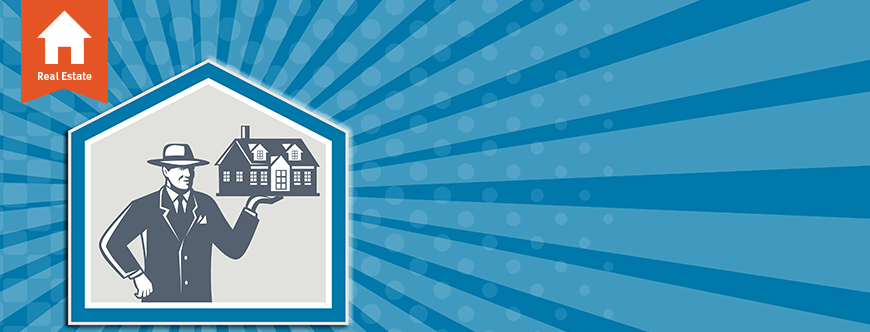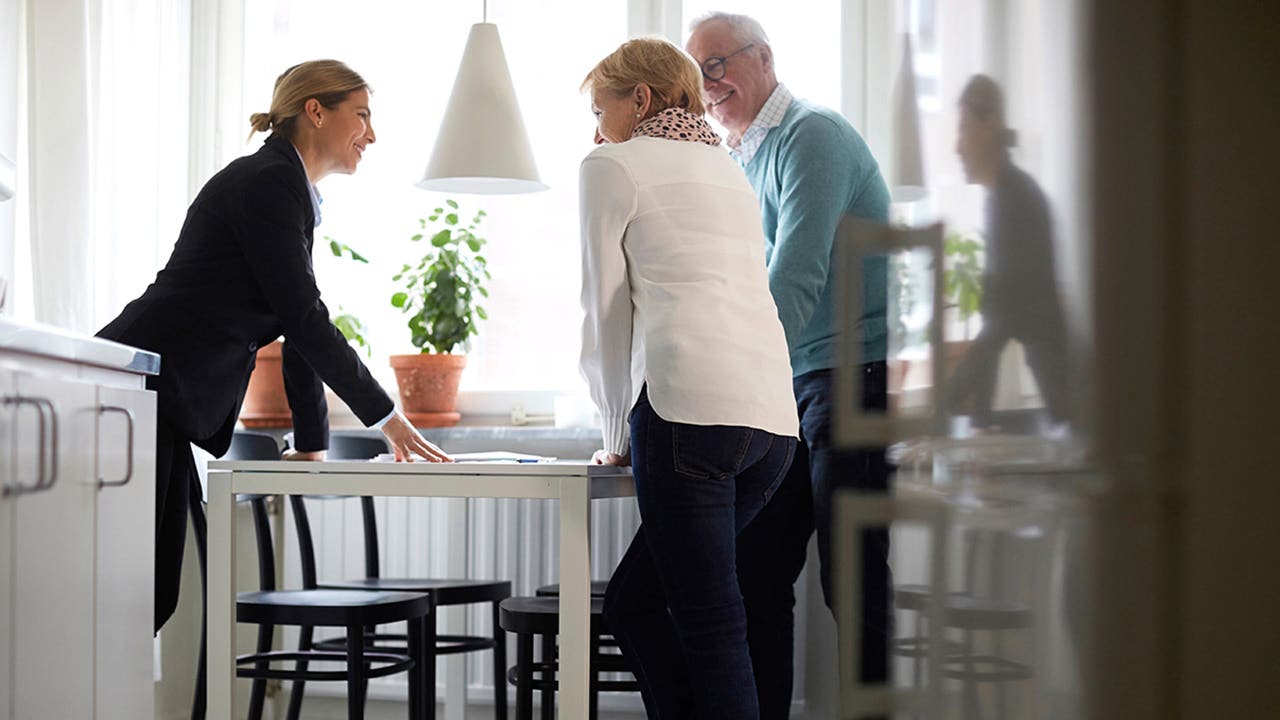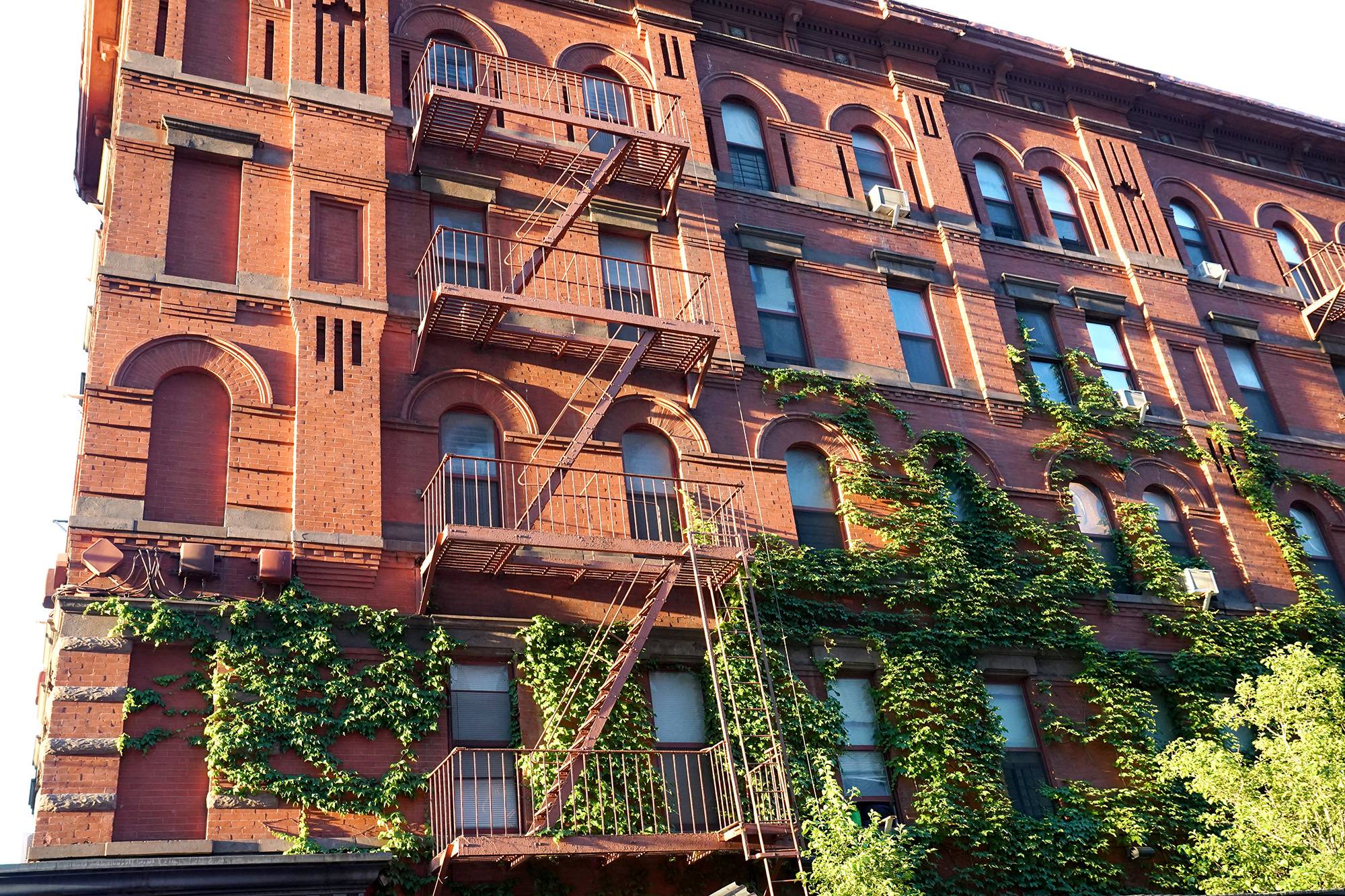
Whether you're an investor who wants to start making passive income through real estate or a seasoned pro, knowing how to calculate roi on rental property is crucial. This can help you decide if a particular property fits your financial and investment plans.
Calculate ROI on Real Estate
To calculate the roi of a property, investors must know all the details about the property as well as what they expect from it. This information includes the property's price, its closing costs, any required repairs and remodeling. The investor also needs to know how the property will perform in terms of rent and tenants.
The purchase value is the single most important factor when calculating return on investment (ROI) for a rental. The purchase price of the property, as well as any associated costs such a title insurance or inspections are included.
In determining the return on an investment, mortgage expenses should also be considered. These expenses can include monthly payments, interest rates and any fees that come with the loan.

It is also popular to calculate a property’s return of investment using the Net Operating income (NOI). This includes cash flow from a property that is produced after operating costs, but before the mortgage payment.
Another factor to take into consideration when estimating an investment's return is the Cap Rate. This is the percent that a house should be valued at based upon current market conditions. Calculation can be complicated, but the result is very useful.
Appreciation is a great way to increase a property's value over time and earn extra profit. A property's worth will typically increase by between 3.5% and 3.8 % per year.
Rent, utility payments, and any other type of income that is not rental can also influence a property ROI. They are often forgotten when estimating the ROI of a property, but can play a significant role in building a profitable real-estate portfolio.
This simple formula is a great way to determine a property's return on investment. This rule states that a property must be able generate monthly cash flows of at least 2% its purchase price.

Using this formula, we can see that a property that sells for $200,000 would generate $10,500 in annual returns. We can then multiply the $1,500 closing costs of the property by $10,000 in remodeling expenses to get the overall ROI.
Investors have different ideas about what a good ROI is, but the majority aim for a rate of return at least 10%. The investor decides what their metric is for a great ROI. It's good to be aware of the various ways you can calculate the property's return before making final decisions.
A smart investor will use several calculations to estimate the return on a real estate investment. They can then compare this information with their own income expectations. This is useful in determining whether or not an investment is suitable for their own financial goals.
FAQ
What are the chances of me getting a second mortgage.
Yes. However it is best to seek the advice of a professional to determine if you should apply. A second mortgage is usually used to consolidate existing debts and to finance home improvements.
How do I repair my roof
Roofs can become leaky due to wear and tear, weather conditions, or improper maintenance. Repairs and replacements of minor nature can be made by roofing contractors. Contact us to find out more.
What should I do before I purchase a house in my area?
It depends on how long you plan to live there. Start saving now if your goal is to remain there for at least five more years. If you plan to move in two years, you don't need to worry as much.
What are the three most important things to consider when purchasing a house
The three main factors in any home purchase are location, price, size. Location refers to where you want to live. Price refers the amount that you are willing and able to pay for the property. Size is the amount of space you require.
Do I require flood insurance?
Flood Insurance protects against damage caused by flooding. Flood insurance can protect your belongings as well as your mortgage payments. Learn more about flood coverage here.
How do I calculate my rate of interest?
Interest rates change daily based on market conditions. The average interest rates for the last week were 4.39%. Divide the length of your loan by the interest rates to calculate your interest rate. For example: If you finance $200,000 over 20 year at 5% per annum, your interest rates are 0.05 x 20% 1% which equals ten base points.
Is it better to buy or rent?
Renting is often cheaper than buying property. It's important to remember that you will need to cover additional costs such as utilities, repairs, maintenance, and insurance. There are many benefits to buying a home. You'll have greater control over your living environment.
Statistics
- Some experts hypothesize that rates will hit five percent by the second half of 2018, but there has been no official confirmation one way or the other. (fortunebuilders.com)
- The FHA sets its desirable debt-to-income ratio at 43%. (fortunebuilders.com)
- 10 years ago, homeownership was nearly 70%. (fortunebuilders.com)
- This seems to be a more popular trend as the U.S. Census Bureau reports the homeownership rate was around 65% last year. (fortunebuilders.com)
- Over the past year, mortgage rates have hovered between 3.9 and 4.5 percent—a less significant increase. (fortunebuilders.com)
External Links
How To
How to manage a rental property
Renting your home can be a great way to make extra money, but there's a lot to think about before you start. These tips will help you manage your rental property and show you the things to consider before renting your home.
If you're considering renting out your home, here's everything you need to know to start.
-
What are the first things I should consider? You need to assess your finances before renting out your home. If you are in debt, such as mortgage or credit card payments, it may be difficult to pay another person to live in your home while on vacation. It is also important to review your budget. If you don't have enough money for your monthly expenses (rental, utilities, and insurance), it may be worth looking into your options. It might not be worth the effort.
-
How much does it cost to rent my home? Many factors go into calculating the amount you could charge for letting your home. These include things like location, size, features, condition, and even the season. Keep in mind that prices will vary depending upon where you live. So don't expect to find the same price everywhere. Rightmove reports that the average monthly market price to rent a one-bedroom flat is around PS1,400. This means that you could earn about PS2,800 annually if you rent your entire home. That's not bad, but if you only wanted to let part of your home, you could probably earn significantly less.
-
Is it worthwhile? Doing something new always comes with risks, but if it brings in extra income, why wouldn't you try it? You need to be clear about what you're signing before you do anything. Renting your home won't just mean spending more time away from your family; you'll also need to keep up with maintenance costs, pay for repairs and keep the place clean. You should make sure that you have thoroughly considered all aspects before you sign on!
-
What are the benefits? So now that you know how much it costs to rent out your home and you're confident that it's worth it, you'll need to think about the advantages. Renting out your home can be used for many reasons. You could pay off your debts, save money for the future, take a vacation, or just enjoy a break from everyday life. It is more relaxing than working every hour of the day. You could make renting a part-time job if you plan ahead.
-
How do you find tenants? Once you've decided that you want to rent out, you'll need to advertise your property properly. You can start by listing your property online on websites such as Rightmove and Zoopla. Once potential tenants reach out to you, schedule an interview. This will help you evaluate their suitability as well as ensure that they are financially secure enough to live in your home.
-
How do I ensure I am covered? You should make sure your home is fully insured against theft, fire, and damage. You'll need to insure your home, which you can do either through your landlord or directly with an insurer. Your landlord will likely require you to add them on as additional insured. This is to ensure that your property is covered for any damages you cause. If you are not registered with UK insurers or if your landlord lives abroad, however, this does not apply. You will need to register with an International Insurer in this instance.
-
You might feel like you can't afford to spend all day looking for tenants, especially if you work outside the home. You must put your best foot forward when advertising property. Make sure you have a professional looking website. Also, make sure to post your ads online. A complete application form will be required and references must be provided. While some prefer to do all the work themselves, others hire professionals who can handle most of it. Either way, you'll need to be prepared to answer questions during interviews.
-
What happens once I find my tenant If you have a current lease in place you'll need inform your tenant about changes, such moving dates. You may also negotiate terms such as length of stay and deposit. Keep in mind that you will still be responsible for paying utilities and other costs once your tenancy ends.
-
How do I collect rent? When the time comes to collect the rent, you'll need to check whether your tenant has paid up. If your tenant has not paid, you will need to remind them. You can deduct any outstanding payments from future rents before sending them a final bill. If you are having difficulty finding your tenant, you can always contact the police. If there is a breach of contract they won't usually evict the tenant, but they can issue an arrest warrant.
-
How can I avoid problems? You can rent your home out for a good income, but you need to ensure that you are safe. Ensure you install smoke alarms and carbon monoxide detectors and consider installing security cameras. You should also check that your neighbors' permissions allow you to leave your property unlocked at night and that you have adequate insurance. You must also make sure that strangers are not allowed to enter your house, even when they claim they're moving in the next door.